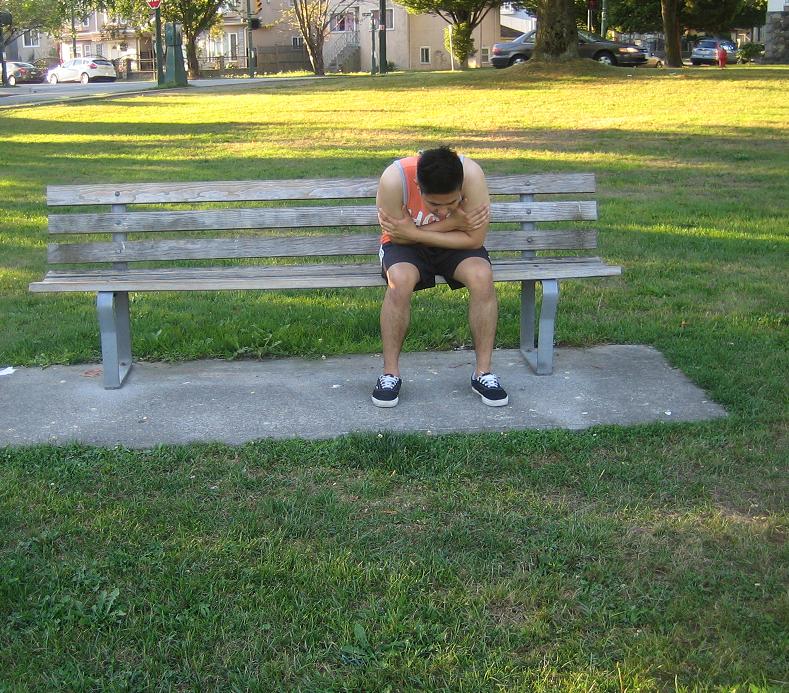Bell’s palsy is a condition involving partial or complete weakening or paralysis of the face. Generally, it damages the facial nerve on one side of the face and causes the face to droop. Furthermore, it affects production of tears and saliva and the sense of smell. In addition, this condition can happen suddenly and sometimes overnight and gets better in a few weeks.
Symptoms of Bell’s palsy
- At first, facial drooping in the corner of the mouth
- Weakness or paralysis on one side of face that happens suddenly or gradually within 48 hours.
- Pain around the area of the jaw
- Drooling and changes in the production of saliva
- In addition, increased sensitivity to sound
- Pain behind the ear
Weakness or paralysis on one side of face that happens suddenly or gradually within 48 hours. - Headaches
- Loss sense of taste
- Lastly, incapable of closing the eyelid
Causes
- Herpes simplex that causes cold sores and genital herpes
- Cytomegalovirus
- Herpes zoster that causes chicken pox and shingles
- Respiratory illnesses
- Influenza B
- Epstein-Barr syndrome
- In addition, rubella virus that causes German measles
- Lastly, coxsackievirus that causes hand-foot-mouth diseases
Treatment
- Protect the eyes that cannot be closed by using prescribed lubricating eye drops during the day and at night apply an eye ointment to make the eye moist prevent long-term damage. Generally, cover the eyes with an eye patch to prevent scratching or getting poked.
- Apply moist heat on the affected area. Soak a clean face towel in hot water as hot that can be tolerated and place on the face to lessen the pain and the discomforts. It also relieves tension and restful sleeping. In addition, another alternative is using a heating pad set in low setting or a heated gel pack to lessen swelling and the pain.
- Massage the affected area with the help of a massage therapist to lessen the pain and the discomforts. In addition, massaging the whole body lessen the inflammation, stress and anxiety and proper functioning of the immune system.
- Over-the-counter pain medications to lessen the pain and the inflammation.
- Use corticosteroids to lessen pain and other symptoms of the condition.
- Prescribed antiviral medications to lessen severe symptoms of Bell’s palsy.
- Perform relaxation techniques such as meditations, yoga, deep breathing and regular exercises to relieve of muscle tension and persistent pain.
- Increase the consumption of foods rich in Vitamin B12, B6, folate, zinc and Vitamin D to repair nerve damage and regeneration.
- Perform rehabilitation exercises with the help of the physical therapist for improvement of brain-to-nerve functioning.
FACT CHECK
https://www.healthline.com/health/bells-palsy
https://www.webmd.com/brain/understanding-bells-palsy-basics
https://www.mayoclinic.org/diseases-conditions/bells-palsy/symptoms-causes/syc-20370028


